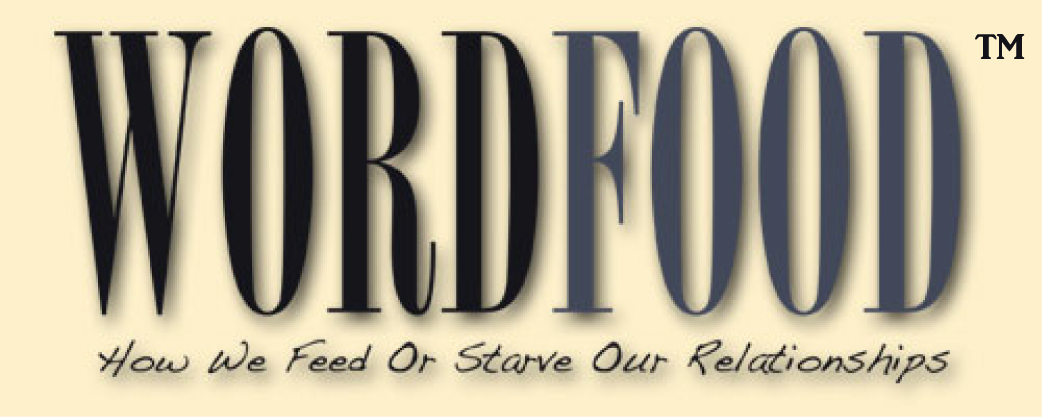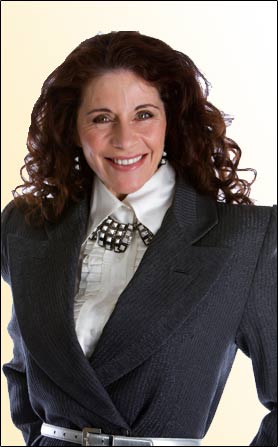It’s football season again, and for those of us who love gridiron the preseason games have been on for weeks already. Those of us here in Denver have been particularly excited because we were able to secure Peyton Manning in the off season, and he’s been a source of excitement for us as we’ve approached opening day. While Tebow supporters, and I was among them, were sad to see the exciting young man go to the Jets, we were very enthusiastic to see the experienced four-time MVP Manning come to the Broncos and give our franchise hope for the playoffs.
What characterizes both of these players, however, is how they treat their teammates. Both of them are great leaders on and off the field. Tebow is unabashed about his faith, and supportive of everyone around him. He is loved by his teammates. He has nothing but good things to say about his competitors, helps them up off the ground and gives them encouraging words.
A little known fact about Manning is that he writes a warm letter to retiring players when they leave the NFL, thanking them for being a competitor. His courtesy and respect for those he plays against make him the consummate sportsman.
On Sunday, the Broncos won the game against the Steelers in the opening salvo. Manning immediately sought out Ben Rothlisberger, the opposing quarterback. As they hugged and shook hands, Manning said, “You were amazing on third downs tonight.”
In a game where trash talk and gang posturing has become the norm, men like Manning and Tebow continue to keep the standard high. They like and respect their opponents, and speak to them with regard. Their example is a lesson to us all.

